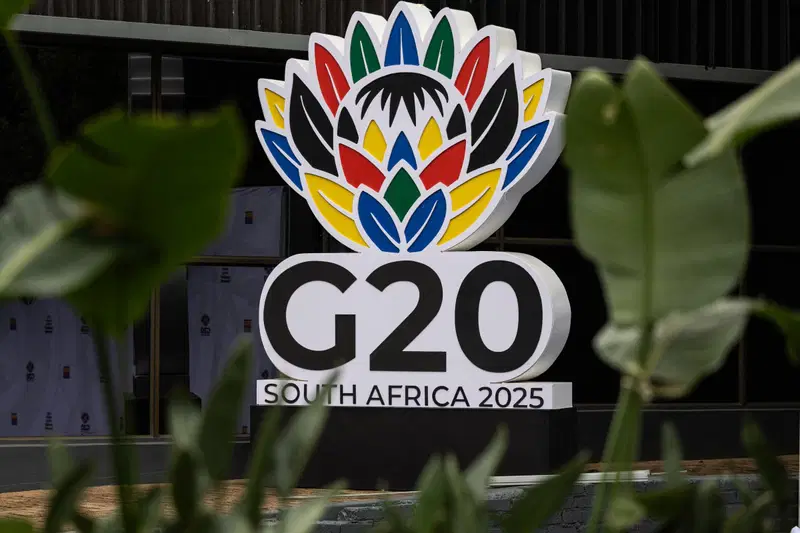Breaking News
Africa Hosts Its First-Ever G20: Five Key Things to Know
South Africa becomes the first African nation to host the G20 summit on Nov. 22–23 in Johannesburg. Learn the top five things to know, from the event’s theme and priorities to the US boycott, venue details, and what the summit means for the Global South.

Global leaders will convene in Johannesburg on November 22 and 23 for the G20 Summit—marking the first time the high-profile gathering is held on African soil.
Here are five major highlights about this year’s summit, taking place amid rising global tensions and strained relations between South Africa and the United States.
1. First G20 Summit on African Soil
Established in 1999, the Group of 20 brings together 19 major countries plus the European Union and the African Union (AU).
South Africa, the only African member state, holds the rotating presidency for 2025—making this the first G20 summit ever hosted in Africa.
The G20 accounts for 85% of global GDP and roughly two-thirds of the world’s population.
The AU formally joined the group as a permanent member in 2023.
2. Theme: ‘Solidarity, Equality, Sustainability’
South Africa has outlined key priorities for its presidency, including:
- Strengthening disaster-risk resilience
- Ensuring debt sustainability for low-income nations
- Financing a just energy transition
- Leveraging critical minerals for inclusive growth
A report commissioned by Pretoria—led by Nobel laureate Joseph Stiglitz—calls for an intergovernmental panel to confront the global “inequality emergency,” which leaves 2.3 billion people hungry.
3. U.S. Boycott of the Summit
President Donald Trump announced that no U.S. officials would attend, calling South Africa’s G20 presidency “a total disgrace.”
Trump has openly targeted South Africa since returning to office, including imposing 30% tariffs, the highest in Sub-Saharan Africa, and spreading false claims of “white genocide.”
Despite concerns the boycott could affect the summit, Pretoria dismissed the move as Washington’s “loss.”
Other absentees include Argentine President Javier Milei, who is sending his foreign minister, and Russian President Vladimir Putin, who—as in past years—will not attend.
4. Johannesburg Takes Center Stage
The summit venue, the Nasrec Expo Centre, borders Soweto and symbolizes South Africa’s attempts at spatial transformation. It routinely hosts major national events.
Johannesburg—home to nearly six million residents—has drawn global attention in the run-up to the summit due to its stark contrasts: Africa’s wealthiest square mile alongside ageing infrastructure, service failures and governance challenges.
In July, the African Development Bank approved a $139 million loan to support upgrades.
5. End of the ‘Global South’ Presidency Cycle
After hosting, South Africa will hand over the G20 presidency to the United States, ending a streak of Global South leadership following Indonesia, India and Brazil.
Trump has said he intends to significantly scale down the platform, questioning whether South Africa should “even be in the Gs any more,” raising concerns about the future direction of the G20.










